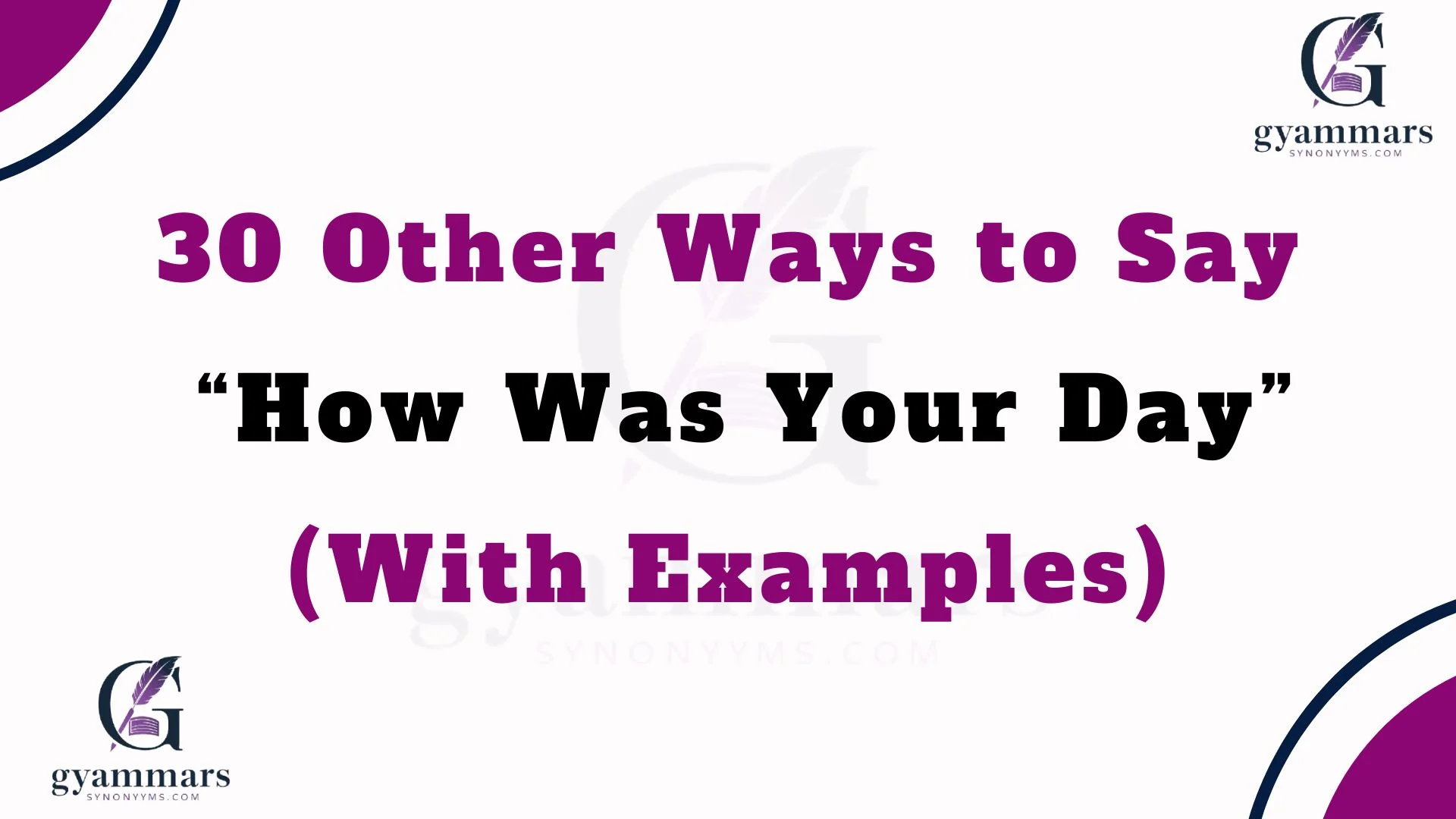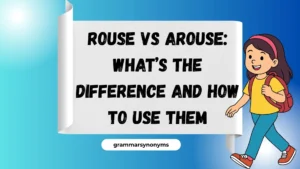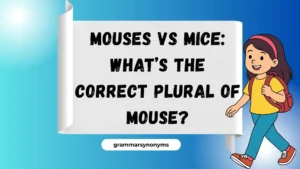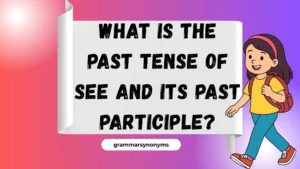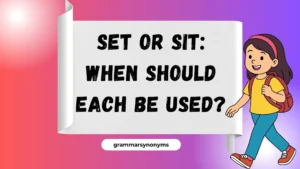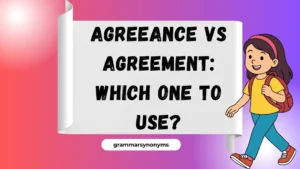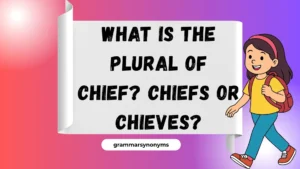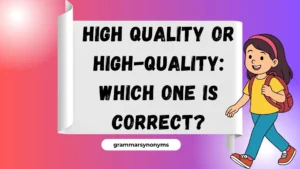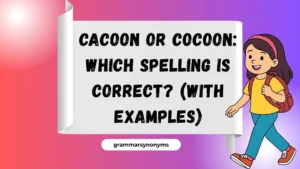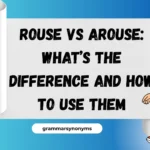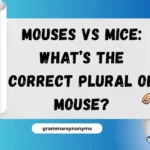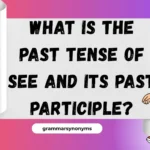Sometimes the simplest questions carry the deepest meaning. Asking “How was your day?” is often more than small talk—it’s a way to show care, presence, and emotional connection. But if you ask it the same way every time, it may feel routine. Using thoughtful alternatives can help you express genuine interest, spark warmer conversations, and make others feel truly seen and valued.
In this article, we’ll explore 30 empathetic alternatives to saying “How was your day?”, complete with definitions, explanations, scenarios, best uses, tone insights, and examples. You’ll also find guidance on whether the phrase is professional or polite, its pros and cons, and FAQs at the end.
What Does “How Was Your Day” Mean?
The phrase “How was your day?” is a common expression of care and curiosity about someone’s experiences. It invites the person to share details about their emotions, achievements, or struggles throughout the day.
Is It Professional/Polite to Say “How Was Your Day”?
Yes, it is both polite and acceptable to use in most situations. However:
- In personal settings, it conveys warmth and genuine care.
- In professional environments, it can sometimes feel too casual. Instead, alternatives like “How has your day been so far?” may feel more polished.
Pros and Cons of Saying “How Was Your Day”
Pros:
- Shows care and concern
- Opens space for conversation
- Easy and familiar
Cons:
- Can feel repetitive
- May invite surface-level answers (“Good” / “Fine”)
- Might not always suit formal situations
Synonyms For “How Was Your Day”
- How have you been today?
- Did anything good happen today?
- What was the best part of your day?
- How did everything go today?
- Did you get a chance to relax?
- How’s your evening going so far?
- What’s been keeping you busy today?
- Did anything surprise you today?
- What did you enjoy most about today?
- Did anything challenge you today?
- How are you feeling about today?
- What’s something interesting that happened today?
- How did work/school go today?
- What was the toughest part of your day?
- Did you do anything fun today?
- What’s something you’re proud of from today?
- How did you spend most of your day?
- What’s been the highlight of your day so far?
- Did everything go as planned today?
- How’s your night going?
- What did you learn today?
- Did you have any wins today?
- What made you smile today?
- How did you feel throughout the day?
- Was today better than yesterday?
- What’s something funny that happened today?
- What do you wish had gone differently today?
- How did you spend your free time today?
- What’s something you’ll remember about today?
- How did today treat you?
1. How Have You Been Today?
Definition: A gentle, caring inquiry into someone’s state of being during the day.
Explanation: Goes beyond events to focus on emotional or physical well-being.
Scenario Example:
- “How have you been today? You seemed a little quiet earlier.”
Best Use: When you want to check on someone’s feelings, not just activities.
Tone: Warm, empathetic.
Additional Notes: Great for friends, partners, and close colleagues.
2. Did Anything Good Happen Today?
Definition: An invitation to share positive highlights.
Explanation: Encourages the other person to focus on uplifting parts of their day.
Scenario Example:
- “Did anything good happen today? I’d love to hear about it.”
Best Use: To spread positivity and light-hearted conversation.
Tone: Encouraging, cheerful.
Additional Notes: Helps build gratitude-centered dialogue.
3. What Was the Best Part of Your Day?
Definition: A question designed to spark joy by recalling meaningful or happy moments.
Explanation: Narrows focus to the “highlight reel” of someone’s day.
Scenario Example:
- “So, what was the best part of your day? Lunch with your coworkers, maybe?”
Best Use: With friends, family, or partners when you want an uplifting chat.
Tone: Lighthearted, caring.
Additional Notes: Works well to end the evening on a positive note.
4. How Did Everything Go Today?
Definition: A considerate way to check in on the flow of someone’s day.
Explanation: Covers work, personal tasks, and emotions without being intrusive.
Scenario Example:
- “How did everything go today? Were the meetings manageable?”
Best Use: Professional and casual settings alike.
Tone: Neutral, supportive.
Additional Notes: Flexible and non-specific—good for general use.
5. Did You Get a Chance to Relax?
Definition: Focuses on rest and self-care in someone’s day.
Explanation: Encourages reflection on downtime and balance.
Scenario Example:
- “Did you get a chance to relax today, or was it nonstop busy?”
Best Use: With friends, family, or partners after a long day.
Tone: Caring, supportive.
Additional Notes: Suggests genuine concern for well-being.
6. How’s Your Evening Going So Far?
Definition: A time-specific alternative to “How was your day?”
Explanation: More immediate, focusing on the current mood or activities.
Scenario Example:
- “Hey, how’s your evening going so far?”
Best Use: Perfect for texting someone later in the day.
Tone: Friendly, conversational.
Additional Notes: Avoids sounding too repetitive if you’ve already checked in earlier.
7. What’s Been Keeping You Busy Today?
Definition: A curiosity-driven question about tasks and activities.
Explanation: Encourages details beyond just feelings.
Scenario Example:
- “So, what’s been keeping you busy today?”
Best Use: Suitable for professional conversations or casual chats.
Tone: Engaged, conversational.
Additional Notes: Works when you want more than a “good/fine” reply.
8. Did Anything Surprise You Today?
Definition: Invites someone to share unusual or unexpected events.
Explanation: Adds a sense of curiosity and intrigue.
Scenario Example:
- “Did anything surprise you today? Work can be full of little twists.”
Best Use: Casual conversations, friends, and partners.
Tone: Curious, lighthearted.
Additional Notes: Keeps conversations fresh and dynamic.
9. What Did You Enjoy Most About Today?
Definition: Focuses on pleasure and personal satisfaction.
Explanation: A positive twist encouraging gratitude and joy.
Scenario Example:
- “What did you enjoy most about today? Was it your coffee break or finishing that project?”
Best Use: Family dinners, evening chats, or winding down.
Tone: Warm, uplifting.
Additional Notes: Reinforces mindfulness in conversation.
10. Did Anything Challenge You Today?
Definition: Encourages openness about difficulties.
Explanation: Creates space for sharing struggles and seeking support.
Scenario Example:
- “Did anything challenge you today? Maybe I can help you think it through.”
Best Use: With close relationships or mentoring conversations.
Tone: Compassionate, supportive.
Additional Notes: Builds deeper emotional connection.
11. How Are You Feeling About Today?
Definition: A question focusing on emotions instead of events.
Explanation: Encourages someone to share their personal perspective on how the day went.
Scenario Example:
- “How are you feeling about today? Did it turn out the way you hoped?”
Best Use: Deeper conversations with loved ones or close friends.
Tone: Reflective, empathetic.
Additional Notes: Good for people who appreciate emotional check-ins.
12. What’s Something Interesting That Happened Today?
Definition: Seeks out unique or noteworthy details from their day.
Explanation: Helps spark storytelling and avoids one-word replies.
Scenario Example:
- “What’s something interesting that happened today? Anything unexpected at work?”
Best Use: To keep conversations engaging and fresh.
Tone: Curious, lively.
Additional Notes: Works especially well for partners and friends.
13. How Did Work/School Go Today?
Definition: A context-specific version of “How was your day?”
Explanation: Targets a major part of their day, showing attentiveness.
Scenario Example:
- “How did school go today? Did you finish that big assignment?”
Best Use: For partners, parents, or colleagues.
Tone: Supportive, attentive.
Additional Notes: Shows you’re paying attention to their responsibilities.
14. What Was the Toughest Part of Your Day?
Definition: Encourages vulnerability by focusing on struggles.
Explanation: Invites them to vent, share challenges, and feel supported.
Scenario Example:
- “What was the toughest part of your day? Want to talk about it?”
Best Use: When offering a listening ear or emotional support.
Tone: Compassionate, understanding.
Additional Notes: Helps build trust in close relationships.
15. Did You Do Anything Fun Today?
Definition: Shifts the focus to joy and leisure.
Explanation: Great for highlighting balance between work and play.
Scenario Example:
- “Did you do anything fun today, or was it all work?”
Best Use: Casual chats, friendships, and lighthearted connections.
Tone: Cheerful, playful.
Additional Notes: Keeps conversations light and positive.
16. What’s Something You’re Proud of From Today?
Definition: Encourages reflection on achievements.
Explanation: Invites gratitude and recognition of progress.
Scenario Example:
- “What’s something you’re proud of from today? You’ve been working so hard.”
Best Use: For partners, coworkers, or mentoring.
Tone: Affirming, motivating.
Additional Notes: Builds confidence and encouragement.
17. How Did You Spend Most of Your Day?
Definition: A broad but engaging inquiry about daily activities.
Explanation: Allows someone to share their schedule or priorities.
Scenario Example:
- “How did you spend most of your day? At the office or running errands?”
Best Use: Professional and personal settings.
Tone: Conversational, neutral.
Additional Notes: Less emotional, more practical.
18. What’s Been the Highlight of Your Day So Far?
Definition: Focuses on a standout, memorable moment.
Explanation: Similar to “best part,” but emphasizes standout highlights.
Scenario Example:
- “What’s been the highlight of your day so far?”
Best Use: Text conversations or casual chats.
Tone: Uplifting, positive.
Additional Notes: Great for sparking smiles.
19. Did Everything Go as Planned Today?
Definition: Checks in on expectations versus reality.
Explanation: Encourages reflection on whether the day met goals.
Scenario Example:
- “Did everything go as planned today, or did things take a turn?”
Best Use: Professional or personal situations.
Tone: Curious, supportive.
Additional Notes: Works well for people with busy schedules.
20. How’s Your Night Going?
Definition: A casual evening version of “How was your day?”
Explanation: Centers on the present moment instead of past hours.
Scenario Example:
- “Hey, how’s your night going so far? Relaxing, I hope.”
Best Use: Evening conversations, especially via text.
Tone: Relaxed, casual.
Additional Notes: Simple and easy-going.
Read More : 30 Other Ways to Say ‘Said’ in Writing (With Examples)
21. What Did You Learn Today?
Definition: Encourages self-reflection and sharing insights.
Explanation: Opens doors to deeper, meaningful conversation.
Scenario Example:
- “What did you learn today? Something about work—or maybe about yourself?”
Best Use: Friends, partners, or even professional mentoring.
Tone: Curious, thoughtful.
Additional Notes: Good for growth-minded individuals.
22. Did You Have Any Wins Today?
Definition: Focuses on small or big successes.
Explanation: Motivates positivity and celebration of progress.
Scenario Example:
- “Did you have any wins today, even small ones?”
Best Use: In relationships, friendships, and professional support.
Tone: Encouraging, optimistic.
Additional Notes: Perfect for goal-oriented conversations.
23. What Made You Smile Today?
Definition: Invites someone to recall joy-filled moments.
Explanation: Simple, sweet, and lighthearted.
Scenario Example:
- “What made you smile today? I hope something brightened your mood.”
Best Use: Romantic partners, close friends, family.
Tone: Warm, affectionate.
Additional Notes: Great for ending the day positively.
24. How Did You Feel Throughout the Day?
Definition: Centers fully on emotions instead of activities.
Explanation: Encourages deeper sharing beyond just “events.”
Scenario Example:
- “How did you feel throughout the day? Were you stressed or pretty calm?”
Best Use: Intimate conversations.
Tone: Empathetic, reflective.
Additional Notes: Builds emotional closeness.
25. Was Today Better Than Yesterday?
Definition: A comparative version to gauge progress or mood.
Explanation: Encourages reflection on changes from one day to another.
Scenario Example:
- “So, was today better than yesterday?”
Best Use: Casual or semi-formal conversations.
Tone: Gentle, thoughtful.
Additional Notes: Can help track emotional well-being over time.
26. What’s Something Funny That Happened Today?
Definition: Focuses on humor and lighthearted events.
Explanation: Keeps the conversation upbeat.
Scenario Example:
- “What’s something funny that happened today? I need a good laugh.”
Best Use: Friends, partners, or coworkers.
Tone: Playful, positive.
Additional Notes: Adds humor to conversations.
27. What Do You Wish Had Gone Differently Today?
Definition: Encourages openness about disappointments.
Explanation: Allows them to share frustrations without judgment.
Scenario Example:
- “What do you wish had gone differently today?”
Best Use: Deeper conversations with people you’re close to.
Tone: Compassionate, reflective.
Additional Notes: Helps people feel heard and understood.
28. How Did You Spend Your Free Time Today?
Definition: Centers on leisure and downtime.
Explanation: A gentler check-in focusing on balance.
Scenario Example:
- “How did you spend your free time today? Did you get a chance to read or relax?”
Best Use: Romantic partners, friends, or family.
Tone: Caring, casual.
Additional Notes: Shows concern for personal balance.
29. What’s Something You’ll Remember About Today?
Definition: Highlights memorable or impactful moments.
Explanation: Encourages meaningful reflection and storytelling.
Scenario Example:
- “What’s something you’ll remember about today, even if it’s small?”
Best Use: Intimate and thoughtful conversations.
Tone: Reflective, warm.
Additional Notes: Great for winding down conversations at night.
30. How Did Today Treat You?
Definition: A casual, friendly variation of “How was your day?”
Explanation: Personifies the day and makes the question playful.
Scenario Example:
- “So, how did today treat you? Kindly, I hope.”
Best Use: Universally—friends, coworkers, or family.
Tone: Casual, conversational.
Additional Notes: Easy to say and feels relaxed.
Conclusion
Adding variety to how you ask about someone’s day shows genuine interest, warmth, and attentiveness. Whether you want to encourage reflection, lighten the mood, or show compassion, these 30 alternatives help you communicate more meaningfully. Small changes in wording can lead to richer conversations and deeper bonds.
FAQs:
1. Which alternative is the most romantic?
“What made you smile today?” or “What’s something you’ll remember about today?” work beautifully in romantic settings.
2. Which is best for coworkers?
“How did everything go today?” or “What’s been keeping you busy?” keeps it professional yet friendly.
3. Can these be used over text?
Yes! Many work well for text, such as “What’s been the highlight of your day?”
4. What if someone doesn’t want to share?
Respect their space—use lighter options like “How’s your evening going?”
5. Do these alternatives replace “How was your day?” completely?
Not necessarily—they add variety and depth so your conversations feel more thought.

“Emma Rose at Grammar Synonyms is your go-to expert for everything related to language and expression. Whether you’re refining your grammar, searching for the perfect synonym, or looking for creative ways to improve your writing, Emma Rose provides the tools and inspiration you need. With a wide range of resources designed to elevate your communication, Grammar Synonyms helps you find just the right words to make every sentence shine.
